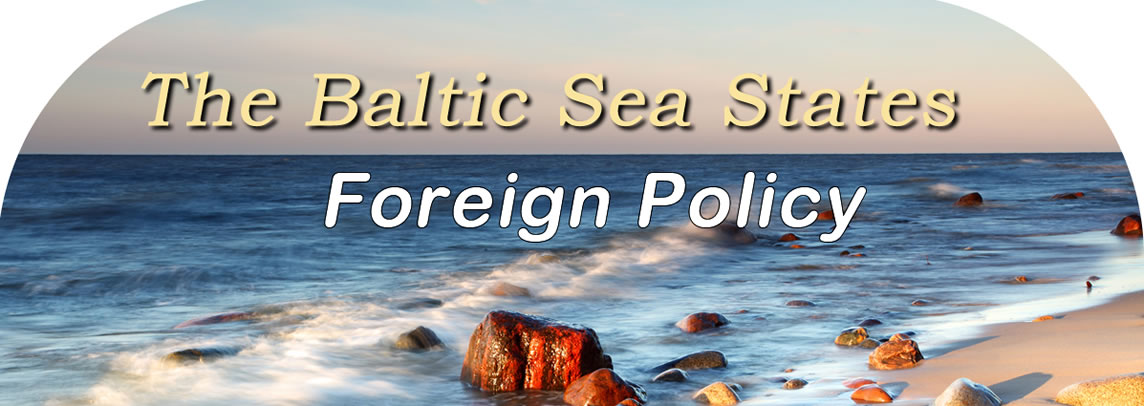
The foreign policy of Lithuania Lithuania has continually rejected the so-called West-East Bridge or buffer state model as part of its foreign policy since Soviet troops withdrew from its territory in 1993. Because of this, Lithuania resolutely selected reunification with the Atlantic-Euro community of democratic nations. Lithuania has returned to its rightful place among Western countries that follows shared values of democracy and freedom. Additionally, it reflects the country's desire to belong to a community that is determined and able to ensure stability, security and prosperity. Baltic State Policy After the re-establishment of
its independence following the fall of the Soviet Union, the
government of Lithuania has pursued a wide range of policy changes
in the security field. One focused on cooperation among other Baltic
States such as Latvia and Estonia. A second involves increasing the
country's cooperation with Scandinavian countries. The European Union and Lithuania With the adoption of the
constitution in 1992, the country's pro-Western attitudes have been
seen across its political landscape. At the same time, key political
parties have agreed that the country's foreign policy has
substantial support from businesses, intellectuals, citizens and the
media. New Visions In 2004, Lithuania framed up
new objectives for its foreign policy. These can be summed up as
Western-norm entrepreneurship and transatlantic activism through its
involvement in regional cooperation with Eastern Europe and Baltic
nations. 2008 In 2008, Lithuania achieved
numerous goals. These include joining the Schengen Zone, signing the
Lisbon Treaty and securing OSCE chairmanship. However, it has been
heavily criticized due to the lack of diversification in the
country's energy imports along with the failure to become a great
center for regional cooperation. © Baltic21.org 2013, All Rights Reserved |
